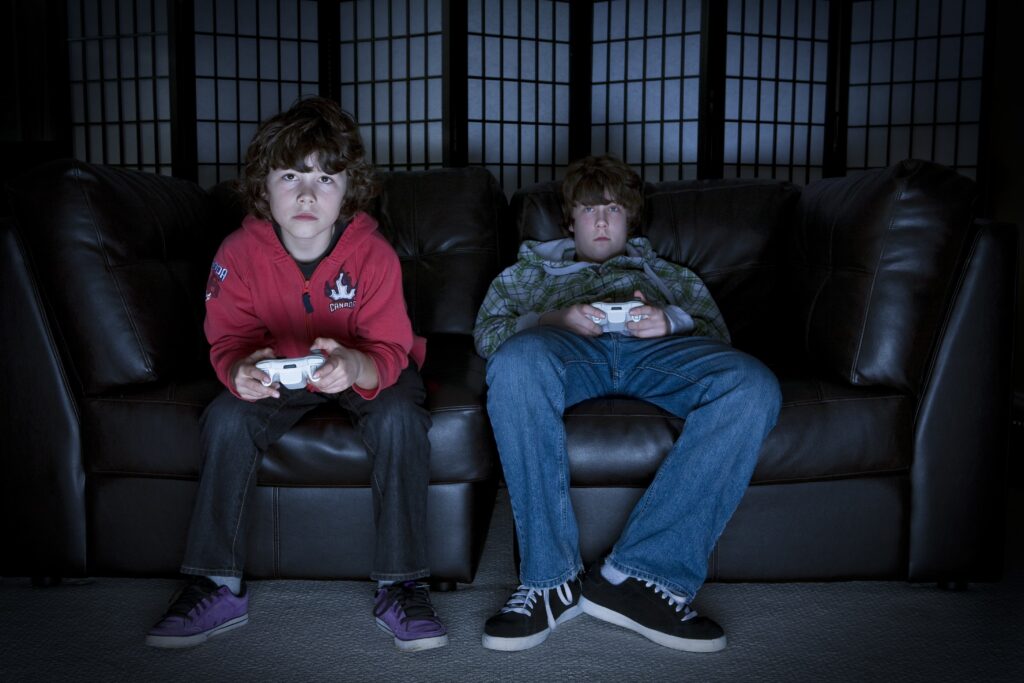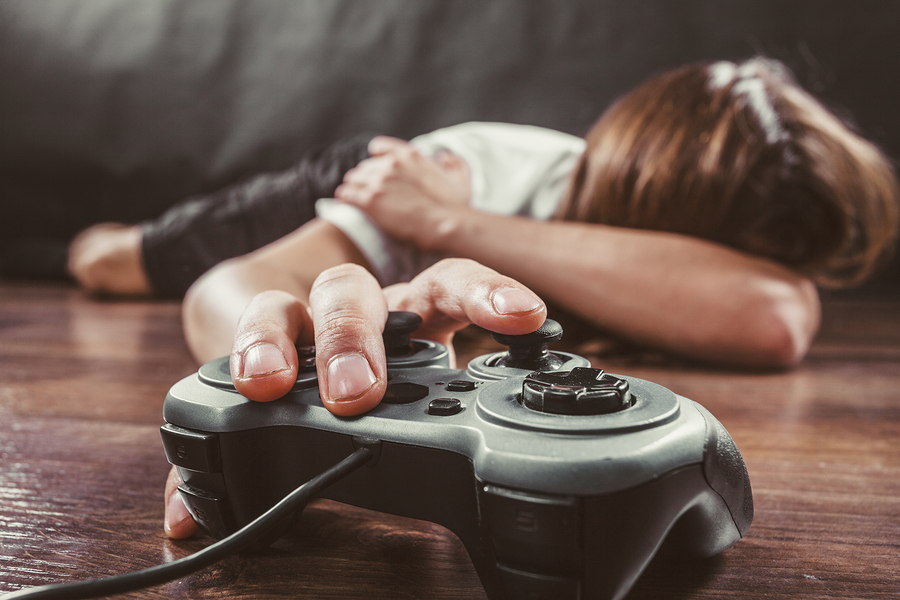Wondering if you’re playing too many video games? Discover the signs of excessive gaming, its impact on mental and physical health, and how to find balance.

Video games have become one of the most popular forms of entertainment worldwide. With high-definition graphics, immersive storylines, and interactive multiplayer experiences, it’s easy to see why people spend hours each day gaming. But an important question has emerged among health professionals, educators, and even gamers: Is there such a thing as playing too many video games?
Excessive?

The short answer is yes—excessive gaming can lead to negative consequences, especially when it interferes with other areas of life such as sleep, physical health, social relationships, or school and work responsibilities. While video games offer many benefits, including cognitive development, stress relief, and improved hand-eye coordination, moderation is key. When gaming time becomes excessive, the positive effects can be outweighed by mental and physical health risks.
Mental Health

One of the most talked-about concerns regarding playing too many video games is its impact on mental health. While gaming can reduce stress and provide a sense of achievement, overindulgence can lead to symptoms of anxiety, depression, and social isolation. Gamers who spend too much time in virtual worlds may begin to disconnect from real-life relationships, struggle with emotional regulation, or use gaming as a coping mechanism to avoid real-world challenges.
Inactivity

Physically, long hours of uninterrupted gameplay can contribute to inactivity (sedentary behavior), poor posture, eye strain, and even repetitive stress injuries. Lack of physical activity due to excessive gaming has been linked to health problems such as obesity and poor cardiovascular health, especially in younger players. Sleep deprivation is also a common side effect of late-night gaming sessions, which can impact memory, mood, and overall cognitive function.
Gaming Disorder

In 2018, the World Health Organization officially recognized “gaming disorder” as a diagnosable condition. This disorder is characterized by impaired control over gaming, increased priority given to gaming over other activities, and continued gaming despite negative consequences. While not every heavy gamer suffers from this disorder, its inclusion highlights the importance of awareness and balance.
Regulate the Kids
Parents and guardians should also monitor gaming habits in children and teens. Establishing rules around game time, encouraging other hobbies, and fostering face-to-face social interaction can help young players develop a balanced and healthy relationship with games.
In conclusion, playing too many video games can have negative psychological and physical consequences, but the key lies in moderation and self-awareness. Video games are not inherently harmful; in fact, they can be incredibly beneficial when used responsibly. Whether you’re a casual player or a dedicated gamer, taking regular breaks, staying active, and staying socially connected are essential steps to ensure gaming remains a positive part of your life. Take a quick visit to an older blog post, “How Video Games Affect Mental Health and Behaviour” to see the more positive outtakes on video games.







Leave a Reply